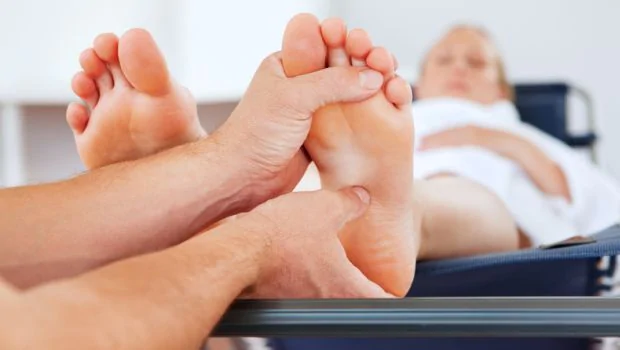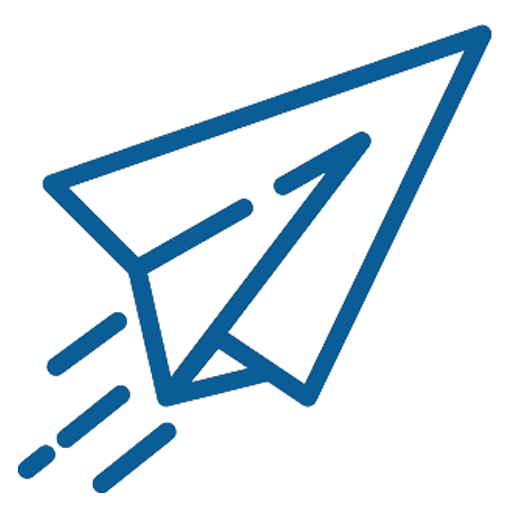Overview
Acupressure is a form of Traditional Chinese Medicine, which focuses on applying pressure to specific points on the body or acupressure points. There are about 2000 points on the body that connect to meridians, or pathways, and from these points flow qi, or energy.
Types of Diseases treated by Accupressure Therapist
- Stroke
- Diarrhoea
- Enteritis
- Dementia
- Skin Rashes
Symptoms
- Back Pain
- Headache
- Fatigue
- Anxiety
- Stress & Tension
- Feelings of Melancholy
- Immune systen deficiencies

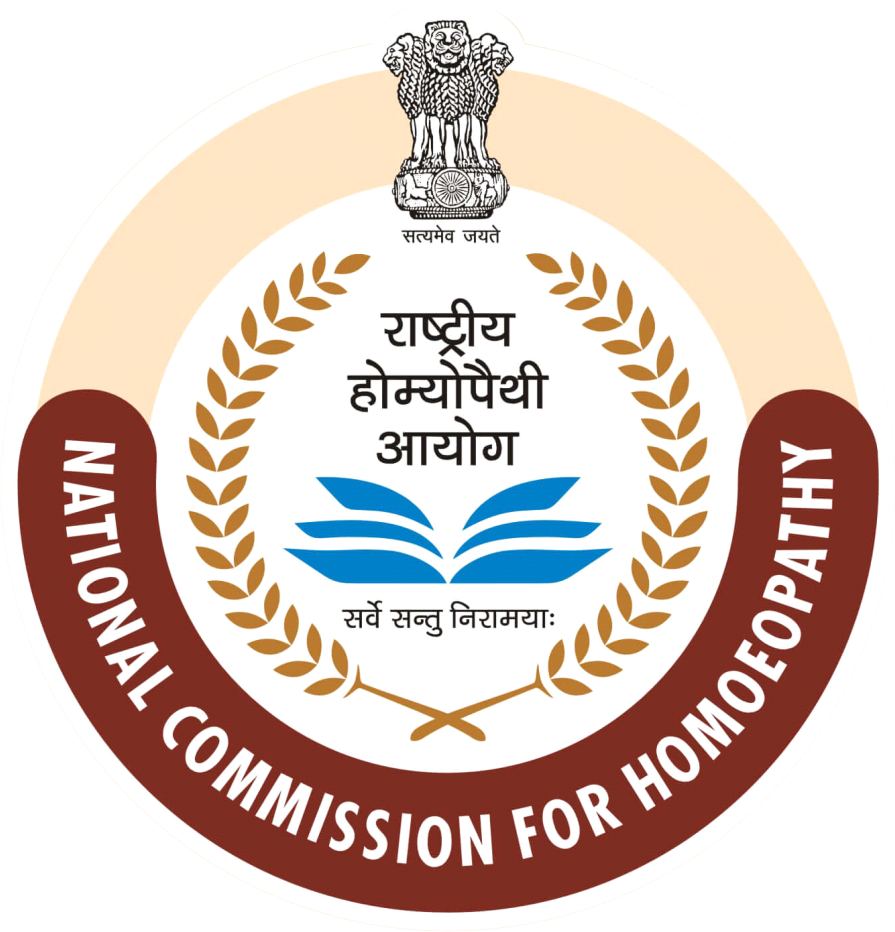
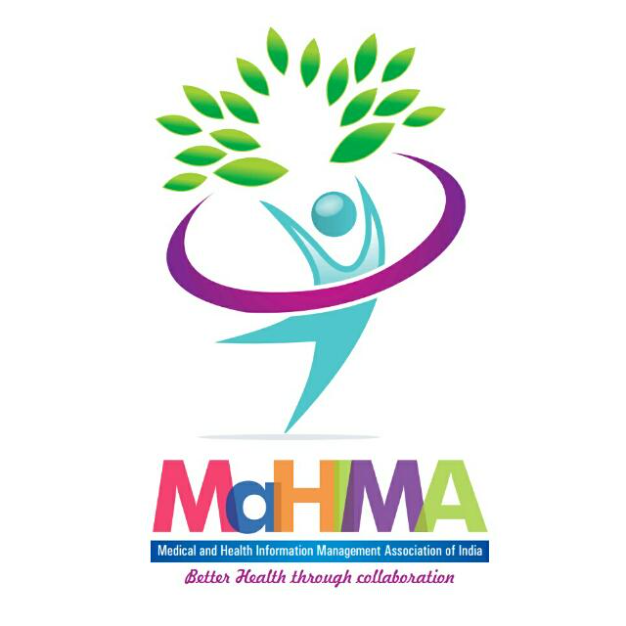

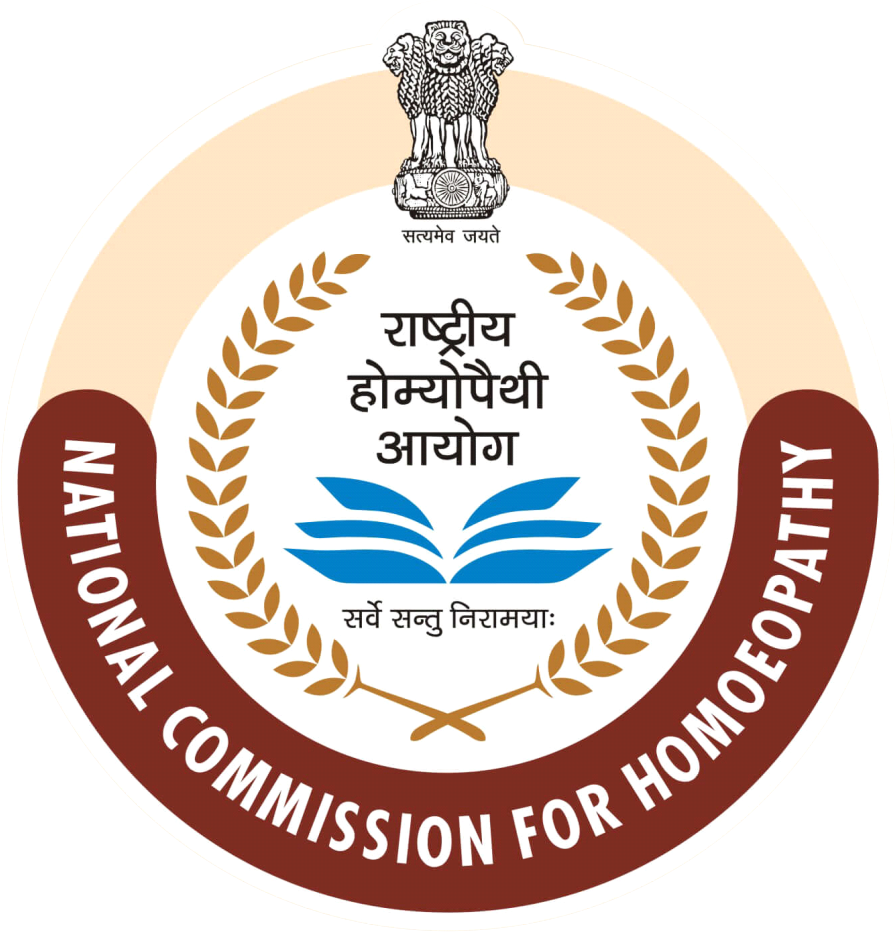
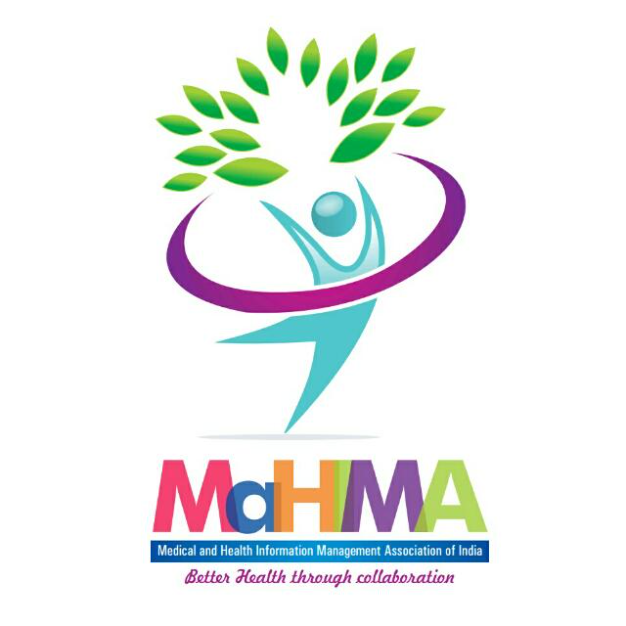
.png)
